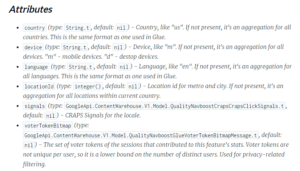After pandas, penguins and hummingbirds you may have expected Google to name its latest controversial algorithm change after one of our animal friends. Giraffe perhaps, Duck-billed Platypus or Koala Bear would at least seem a little more acceptable and cuddly. However the decision to reward websites with a secure setting (HTTPS as opposed to HTTP) is nameless, has been announced without any warning or fanfare and has begun to rustle a few feathers amongst website owners and Internet marketers alike after only a week.
Google reps have explained that the reason for the changes is partly to ensure that the web is a safer place, and partly to create a system where not only relevant and quality websites are placed at the top of SERPS, but also the very safest ones too. So let’s take a look at how the changes affect SEO, how it works, and any issues there maybe currently out there.
How HTTPS rankings improvements will work
Fundamentally, it stands alone from all of the other zoological algorithm changes as it registers whether your website is HTTPS in real time. It is important to note that Google will analyse each page individually as often only a fragment of a whole website is set to HTTPS (i.e. sites with ecommerce sections; forms etc.). So you will find that your HTTPS pages within your site may now suddenly receive a boost. However you are unlikely to actually see this; it will be registered as a boost to its overall authority rather than a sudden rush up SERPS.
This video from a Google hangout with Google’s John Mueller offers more in depth information (join it at around 29 minutes)
Expected issues for non-HTTPS websites
Expected issues, as might have been expected have come flooding in. For instance Google’s migration tool in webmaster tools does not yet offer a facility for migrating from HTTP to HTTPS. John Mueller has stated that a simple 301 re-direct would be enough to communicate the change to Google. There was a concern that sites that had links with Google news would suffer disruption if migration took place. However the good news is Google has stated there will be no issues with Google news and it is tuned into any changes that may occur. Also people have been blaming the new change on a sudden rise of security certificate errors. Again, Google has stated there is no link here.
At the moment, it appears the guys at Google are saying this new change offers a very lightweight signal re website authority. This, they feel, will give website owners the time to get on board and make time to make necessary changes long-term.



